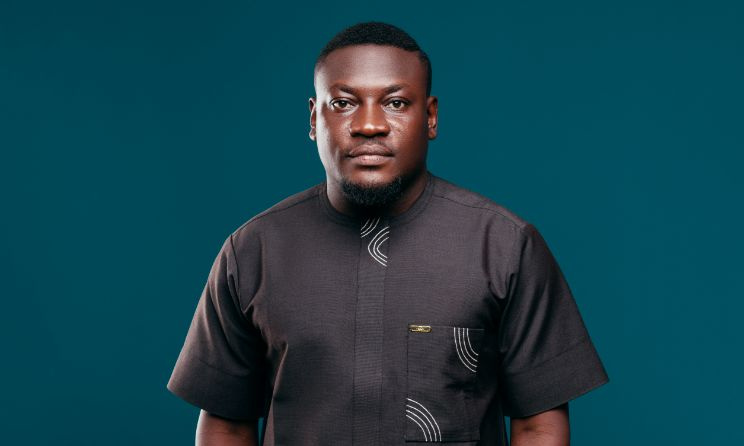Born Ruth Eno Adjoa Amankwah Nyame Adom in Tema, Accra, Ghana to missionary parents, Eno Barony’s rise to fame began in 2014 when her first single ‘Tonga’ received commercial airplay. In 2021, she became the first Ghanian female rapper to win Best Rapper at the Ghana Music Awards, beating Sarkodie, Amerado, Medikal, Strongman and Joey B. It’s clear we can’t talk about women in the Ghanian rap scene without mentioning the messiah Eno Barony.
To get a glimpse of how the tides are turning for female rappers in the Ghanaian music industry, we must observe Barony’s own videos for her hit songs ‘God is A Woman’, which won her Best Rap Performance at the VGMAs, and ‘Don’t Judge Me’, a more recent drop that Eno claims is being snubbed by critics. Comparing these two songs and their videos might deepen understanding of the work and struggle of Ghanaian female rappers, shed light on the different ways Ghanaian female rappers represent African femininity, and how Barony has grown as an artist.
Being a female rapper of religious parents is difficult for Barony, despite her success in the game thus far. In an interview for Joy Prime TV, Barony recalls how her father’s church was very disapproving of her career, describing how they put a picture of her in the church and literally prayed on her downfall and the failure of her career.
Much of her music seems to be in response to these forces against her. In her song ‘Only Jah’, Barony seems to reference the haters, rapping to her adversaries that “only Jah can stop my shine”. Being a child of religious people seems to impact Eno’s work and career, but she told 3Music TV she’s learned ways to separate the worlds she shifts between: “If I’m at home, I’m home. If I’m working, I’m working. We are two different people with two different colors.”

The use of religious imagery to highlight her own power as a woman and as a rapper is a pattern in Barony’s music videos as well as her lyrics. The video for ‘God Is A Woman’ opens with Barony as a queen mother goddess, donning a beautiful white gown and gold tiara while holding a baby in a nursing position. Women in white dress, makeup, and hair-dress line on both sides of her like worshippers of a deity. The scene cuts between other versions of Eno: clad in bold red clubwear on a cliffside, dressed in full leather and latex white next to a red truck, in glimmering disco wear on a motorcycle. In some scenes, Efya, the singer-songwriter featured in the song, is right next to her harmonizing away.
These multiple contrasting images of Barony and Efya might seem choppy and confused in the context of a music video, but they also serve to represent the many potentials of femininity. In the video for ‘Don’t Judge Me’, Barony is not here to play around. The beat is bold, and the visuals are too: the clips cut between Barony rapping surrounded by a group of women who stand by her like bodyguard and rapping unbothered while she is yelled at by aunties. She is cool and collected, head held high as she raps in sophisticated clothes that say she means business. Both songs show Barony’s power in different ways, representing the diversity of femininity and what it looks like to take back your power as a woman.

Eno Barony’s career is definitely one to watch closely. The artist is making huge waves in Ghana as one of the hottest female rappers out. Still, with great fame comes great hate. Analyzing the development of how Barony presents herself in her music can serve as a larger representation of the life and struggle of women across the African continent. The judgement she gets especially for being the daughter of a reverend is familiar to women regardless of their parenthood or background.
All around the world, women are told to be less than, to lower the gazes and speak softly as to not take up any space. Judgement against women constantly comes from a place of discomfort with a woman’s agency and power over her body, her life, her sexuality, and her spirit. Eno Barony’s music is resistance against the forces that seek to silence women. Barony’s music is empowering because of the vulnerability she pours into her lyrics.
She more confrontative music being snubbed while her more palatable female empowering music being praised shows the limits of how much agency the world is willing to grant Black, specifically African, women. You can be a queen mother, the critics imply, but genuinely call out the forces against you and you will be ignored. Barony proves that women in power can be more than just queen mother goddess, but that standing up for yourself and refusing to conform or be silenced is where true power lies. Authenticity is the key to rap, and despite what the haters say, Eno Barony reigns supreme.


